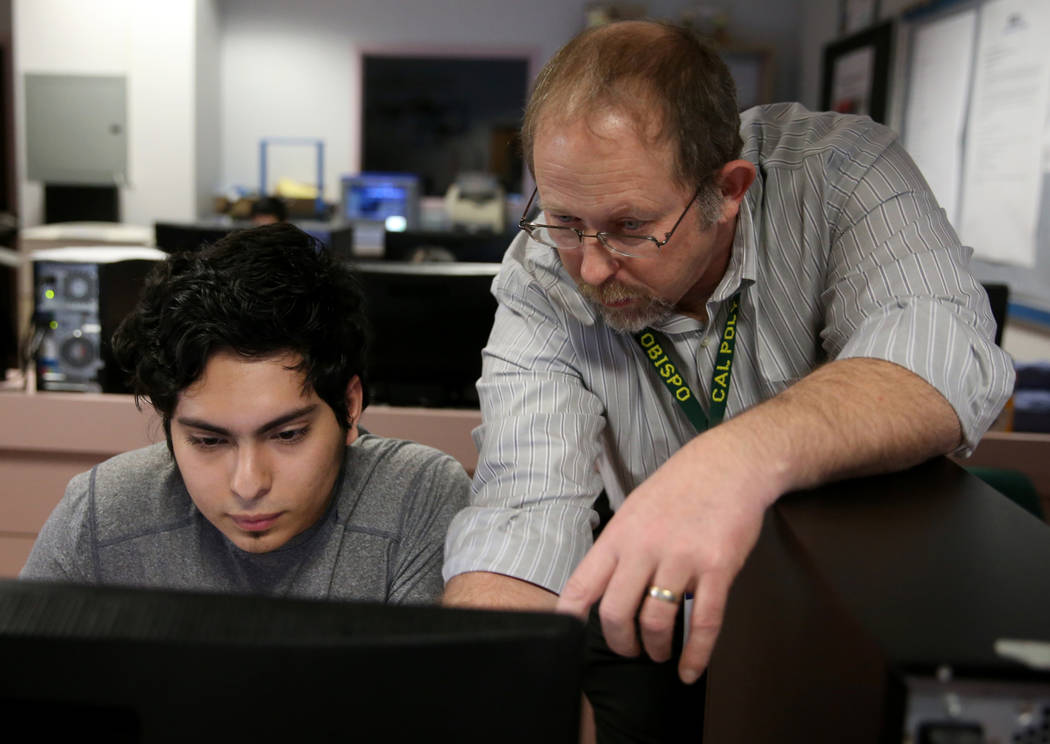EDITORIAL: Teacher evaluations should measure teaching ability
If you need another example of how the education establishment works to scuttle much-needed reform, look no further than what has happened over the past eight years with Nevada teacher evaluations.
Research shows that teachers are the most important school-controlled factor in student achievement. The most recent data shows that, under Nevada’s current teacher evaluation system, 97 percent of educators received an “effective” or higher rating. But only 31 percent of Nevada’s fourth graders are proficient in reading, according to tests.
The takeaway is unavoidable. Nevada’s current teacher evaluation system is a sham.
The stakes are enormous. Studies show that students learn far less when they are in a classroom with a bad teacher. It can take a student three years to catch up after being subjected to an ineffective teacher for a single year.
That’s why the Legislature in 2011 directed the state Board of Education to establish a statewide evaluation system under which student achievement data made up at least 50 percent of a teacher’s evaluation. Teachers could receive one of four ratings: highly effective, effective, minimally effective and ineffective.
Fast-forward eight years. Nevada lawmakers, doing the bidding of the teacher unions at the expense of students, have repeatedly tried to delay and water down the 50 percent standard. Testing irregularities for the 2015-16 school year meant student data wasn’t used in any teacher evaluations. Unsurprisingly, almost 99 percent of teachers received an effective or higher rating that year. This is why data is so important. It can help provide a more objective measure of teacher quality after subjective evaluations have so obviously failed.
Next school year, the law requires that 40 percent of a teacher’s evaluation come from student achievement. Senate Bill 475, sponsored by the Senate Education Committee, initially lowered that to 20 percent. The Assembly Education Committee adopted an amendment to water it down further, to 15 percent. Surprise! One of the sponsors of that amendment, Assemblywoman Brittney Miller, D-Las Vegas, is a public school teacher.
But SB475 goes even further to gut this long-pending reform. The law currently provides that a teacher rated as “developing” or “ineffective” for two years in a row can lose tenure. SB475 removes that provision as it applies to “developing” teachers. It also prevents a school district from dismissing teachers rated as “developing” during their probationary period.
If SB475 becomes law, Nevada’s teacher evaluation system will continue to be a mechanism to protect underperforming and incompetent educators at the expense of the schoolchildren — and a monument to how the public school establishment’s primary goal these days is to avoid accountability at all costs.






















